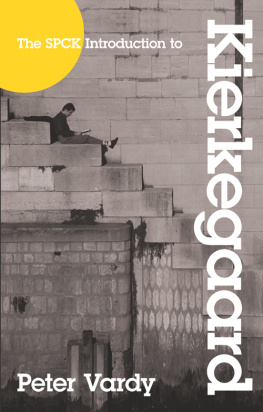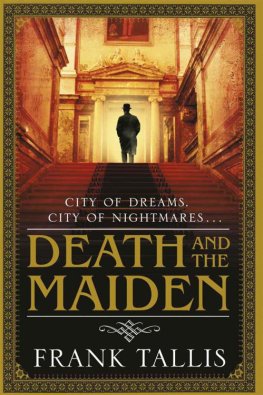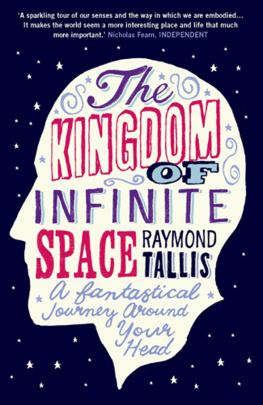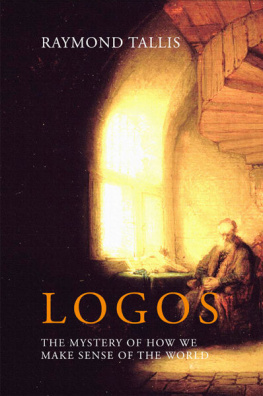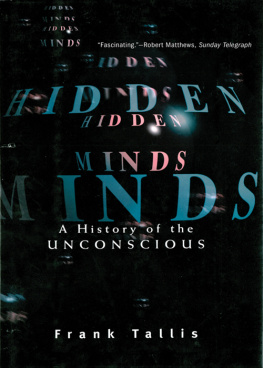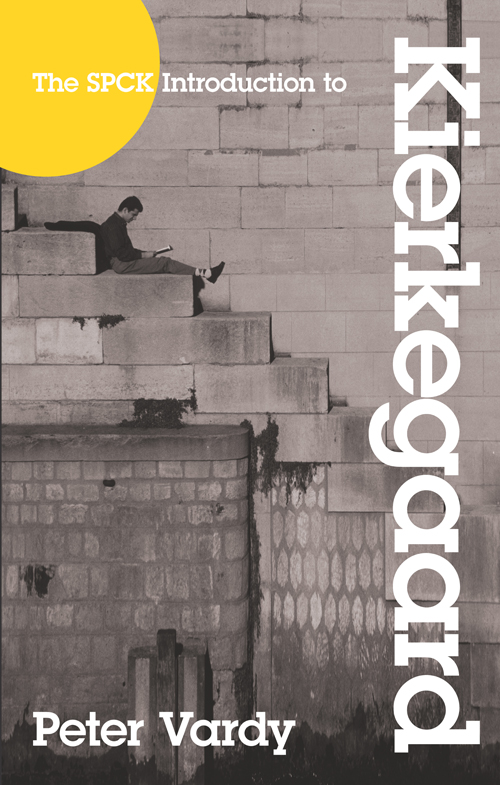
Dr Peter Vardy has been Vice-Principal of Heythrop College, the specialist philosophy and theology college of the University of London, since 1999. He lectures internationally to teachers and students and is committed to providing a spiritual perspective in an increasingly secular and postmodern world. He is a best-selling author whose books include The Puzzle of God, The Puzzle of Sex, The Puzzle of Ethics, Being Human and, with Julie Arliss, The Thinkers Guide to Evil and The Thinkers Guide to God.
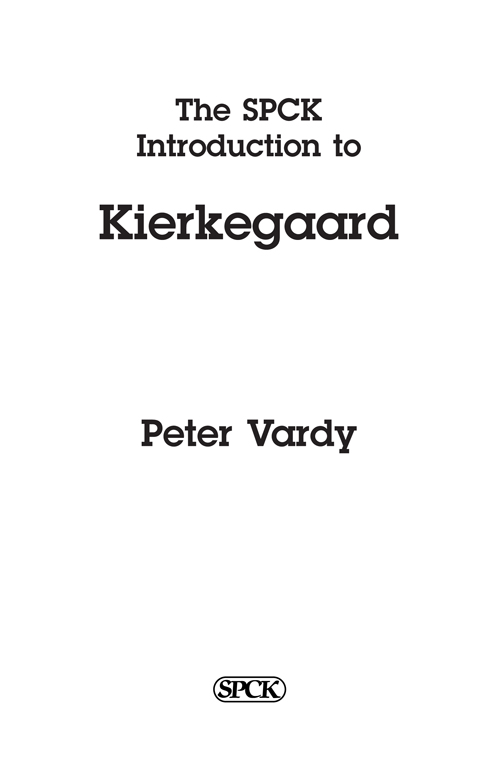
First published in Great Britain in 1996 as Kierkegaard by Fount Paperbacks, an imprint of HarperCollins Publishers
This revised and expanded edition published in 2008
Society for Promoting Christian Knowledge
36 Causton Street
London SW1P 4ST
Copyright Peter Vardy 1996, 2008
All rights reserved. No part of this book may be reproduced or transmitted in any form or by any means, electronic or mechanical, including photocopying, recording, or any information storage and retrieval system, without permission in writing from the publisher.
SPCK does not necessarily endorse the individual views contained in its publications
The Scripture quotations on pp. 34, 69 and 71 are taken from the Revised Standard Version of the Bible, copyright 1946, 1952 and 1971 by the Division of Christian Education of the National Council of the Churches of Christ in the USA. Used by permission. All rights reserved.
The Scripture quotations on pp. 20, 24, 79 and 967 are taken from the New King James Version. Copyright 1982 by Thomas Nelson, Inc. Used by permission. All rights reserved.
British Library Cataloguing-in-Publication Data
A catalogue record for this book is available from the British Library
ISBN 9780281059867
E-ISBN 9780281065707
1 3 5 7 9 10 8 6 4 2
Typeset and eBook by Graphicraft Ltd, Hong Kong
This book is dedicated to that solitary individual
Contents
For 25 years I have taught an undergraduate course in Kierkegaard at Heythrop College, the largely Jesuit-run specialist philosophy and theology college of the University of London. It is a very special place, combining the highest standards of academic rigour and open-mindedness with a clear faith orientation. Many students throughout the years have influenced me with their passion and interest in Kierkegaard and the connections they have made between Kierkegaard and many other philosophers, theologians and psychologists, but I am particularly grateful to Charlotte Fowler, Rob Hampson, John Handford and Felicity McCutcheon.
My mother, Christa Lund Vardy, was Danish and left me with a great admiration for all that this small country has achieved. She died in 1975 and one of my regrets is not to have been able to share with her something of what Kierkegaard has taught me. On a personal level he has influenced me more than any other thinker.
Dr Peter Vardy
AC | Attack upon Christendom, tr. Walter Lowrie |
CA | The Concept of Anxiety, tr. Reidar Thompte |
CUP | Concluding Unscientific Postscript, tr. Walter Lowrie and David Swenson |
ED | Eighteen Edifying Discourses, tr. Walter Lowrie (Oxford: Oxford University Press) |
EO | Either/Or, tr. David and Lillian Swenson |
FSE | For Self-Examination, tr. Walter Lowrie |
FT | Fear and Trembling, tr. Alistair Hannay (Harmondsworth: Penguin) |
J | Journals, tr. Howard and Edna Hong |
PF | Philosophical Fragments, tr. David Swenson |
PH | Purity of Heart is to Will One Thing, tr. Douglas Steere (New York: Harper Torchbooks) |
SD | The Sickness unto Death, tr. Walter Lowrie |
SLW | Stages on Lifes Way, tr. Howard and Edna Hong |
TC | Training in Christianity, tr. Walter Lowrie |
WL | Works of Love, tr. Howard and Edna Hong |
Except where indicated, all of the above editions are published by Princeton University Press.
At one level, Kierkegaards aim is straightforward: to strip you, the reader, naked at two in the morning, to sit you in front of a mirror and to force you to think about your life. His books are addressed to that solitary individual who may be willing to listen to what he says and to ask questions about his or her own life. He demands a willingness for self-examination, which many usually seek to avoid; he demands a willingness to take off the masks which everyone wears in everyday life and to be ruthlessly honest about what is true and false. Kierkegaard considers that we are all prone to self-deceit and he gives us his readers no peace until we can see ourselves truthfully, as a prelude to making decisions about the manner in which we should live.
In J. K. Rowlings Harry Potter books, the young wizard Harry discovers the mirror of Erisaid. This is a remarkable magical mirror; those who stare into it will see nothing less than the deepest desires of their hearts. It does not necessarily reveal the future. It reveals what the person yearns for most and this desire may or may not be satisfied in the future. The mirror enables people to confront and to address their desires, to ask whether or not this is what they should desire or what they really want to desire, and it gives them an opportunity to change the direction of their lives. Professor Dumbledore, Harry Potters inspiration and guide, says to him that those who look into the mirror and sees nothing else but themselves, just as they are, would have nothing more to desire and would be truly happy. Kierkegaard would have approved of the mirror as it would at least force you and I to engage with reality.
It might seem from this that Kierkegaard is a psychologist and so he is, well before Freud or Jung. However, he is also a brilliant philosopher and Christian theologian. He brings the three disciplines together in a remarkable way. Yet, though he is a philosopher, theologian and psychologist, there is also a sense in which he would have rejected all these disciplines. This is because they can be used to objectify knowledge so that it ceases to relate to the individual. In their technicalities, cleverness and desire to develop a complete and coherent account of what it is to be human, they lose sight of the real experience of humanity and become untrue and irrelevant in a sense. In all his writings he is passionately committed to communicate from heart to heart, to help his reader, that person who reads his works at a distance in time and place, to think deeply about his or her life and to make decisions about how to live and how to die.
Kierkegaard has been described by many as the father of existentialism. This is misleading. Existentialism was a twentieth-century movement particularly influenced by Jean-Paul Sartre which emphasized personal autonomy, individual freedom and the capacity for individual choice. In that Kierkegaard was concerned with the individual and with philosophy that related to life, the description of him as the father of existentialism may be relevant, but for many existentialists, truth depends on the individual and Kierkegaard would have rejected this. Kierkegaard was a philosophical realist maintaining a correspondence theory of truth in the classical tradition; as such, his work can illuminate the debate between realism and non-realism in contemporary philosophy. His great philosophical opponent was Georg Wilhelm Friedrich Hegel (17701831). Hegel saw truth emerging through history as a result of the dialectical process. A view was put forward (a thesis) and this view met strong opposition from those who rejected it entirely and who put forward a totally opposed view (the antithesis). Initially these views appeared irreconcilable but, Hegel held, they became reconciled over time (the synthesis). As the new synthesis was accepted it became in effect a new thesis, which would provoke an antithesis and so the processcontinued.

